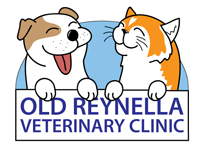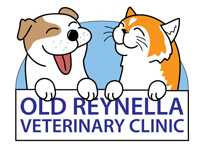Ferrets are lively and intelligent and make wonderful affectionate pets. They have specific care requirements that are different from dogs and cats.
Housing. Ferrets should be housed in cage while not supervised to prevent escapees or injuries. Ideal cages should have several levels and provide somewhere for the ferret to eat, drink, sleep and toilet (not all on the same level!) Many ferrets will enjoy sleeping in a den-like area or a hammock, and love soft bedding to snuggle in. Ferrets sleep up to 20 hours a day, so having somewhere safe and warm is very important.
When you are home your ferret should be able to spend as much time out as possible. This should happen everyday. Being that they are intelligent and like to explore, ferrets find it very frustrating to be cooped up all the time. Be sure to ferret proof your home as they are excellent escape artists and will not come back if they accidentally escape.
Ferrets do not tolerate temperatures above 25 degrees so their cage should be placed in a location that does not receive direct sunlight. Like most pocket pets they should be housed inside in summer to prevent heat stress or death.

Toilet training. Ferrets can be litter trained easily. Ideally you should always have one more litter tray than the number of ferrets housed in the cage (so if you have a pair, use three litter trays). Like cats, ferrets prefer clean litter, so be sure to clean their trays daily. We recommend Breeders Choice cat litter as it made from recycled paper, and is very low in dust and allergens. Whatever cat litter you use, avoid the clay litters as they can be very rough on your ferrets paws.
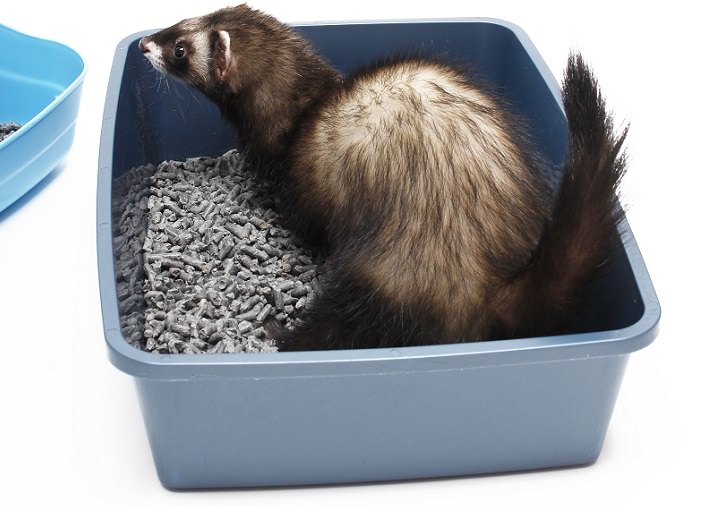
Nutrition and Diet: There is a great deal of information out there regarding the feeding of ferrets. Before considering the diet for your ferret, there are several factors that need to be taken into consideration:
- Ferrets are obligate carnivores like cats, and need high levels of meat based protein in their diet to provide them with the adequate levels of vitamins, minerals and proteins they are unable to synthesize in the body naturally.
- Their gastrointestinal tract is very short and is unable to metabolise dietary fibre, protein or carbohydrates from plant-based sources. As a result, food passage is very quick taking 3-4 hours in adult ferrets from mouth to anus. This short digestive tract means they require food more often, and should have access to food at all times.
- All raw meat diets can lead to insufficient levels of calcium and can lead to chronic disease.
- Vitamin E, A and D are all needed in ferrets food intake, some of which can only be sourced from meat. However, an excess of these vitamins can also lead to issues.
Dietary Supplementation: We would recommend all ferrets are fed Wombaroo Small Carnivore Mix as part of their daily nutritional intake to help provide the vitamins, minerals and protein they may not get from raw feeding alone. More information on this product can be found here.
In addition to Wombaroo Small Carnivore, it is recommended to also supplement ferrets daily intake with Wombaroo Good Oil. As ferrets require higher fat content than dogs and cats, the good oil can provide the necessary fatty acids for brain and eye development and healthy, shiny, lustrous coats. More information regarding this product can be found here.


Feeding Whole Prey: Feeding whole frozen prey is a good way to mimic a ‘natural’ diet for your pet ferret as it provides all the bone/organ/muscle meat ratio they need. It’s a great tool for environmental enrichment and can help keep teeth and gums clean and in good health. However it is a very expensive method of feeding and captive bred rodents can be higher in fat leading to obesity. It also creates issues with providing fresh food around the clock for your pet as whole mice and rats can be eaten in one sitting. Care is also needed to avoid food spoilage during defrosting and to remove uneaten food, including food that the ferret will naturally stash away, particularly in warmer weather.
Feeding whole prey items should be done once to twice a week. They can be purchased from pet stores and reptile retailers. To feed them, they need to be defrosted; this is easily done by placing the whole prey item in a sandwich bag and soaking them in warm water for 10-20 minutes.
‘Raw’ Feeding: Feeding muscle meat or organ meats exclusively are not balanced diets for ferrets; they are high in phosphorus and deficient in calcium. Alternatively excess feeding of organ and offal meat can lead to chronic illnesses and disease.
Kibbled diets: We recommend having a mixture of high quality kitten kibble available at all times for your ferret, eg) Royal Canin, Hills Science Diet, Blackhawk and Ivory Coat. These brands are fed to ferrets in our care. It is advisable not to buy bulk bags as the vitamin content can break down over time. Avoid dog kibble of any kind as they have a much higher content of carbohydrates and fibre.
Dental Care: Like dogs and cats, ferrets too suffer from dental disease. It is recommended that you teach your young ferret to have their teeth cleaned with a meat flavoured pet toothpaste and small soft toothbrush, however bring that ferrets have exceedingly small mouths brushing can be difficult. An alternative can be the inclusion of Hills Feline Oral Care biscuits or Feline Greenies as part of their daily diet to help prevent dental disease. Also raw bones and whole prey can help prevent the build up of tartar and calculus. We do offer free dental checks all year round as part of routine care. Should you want to get your ferret checked, please contact the clinic for a booking.
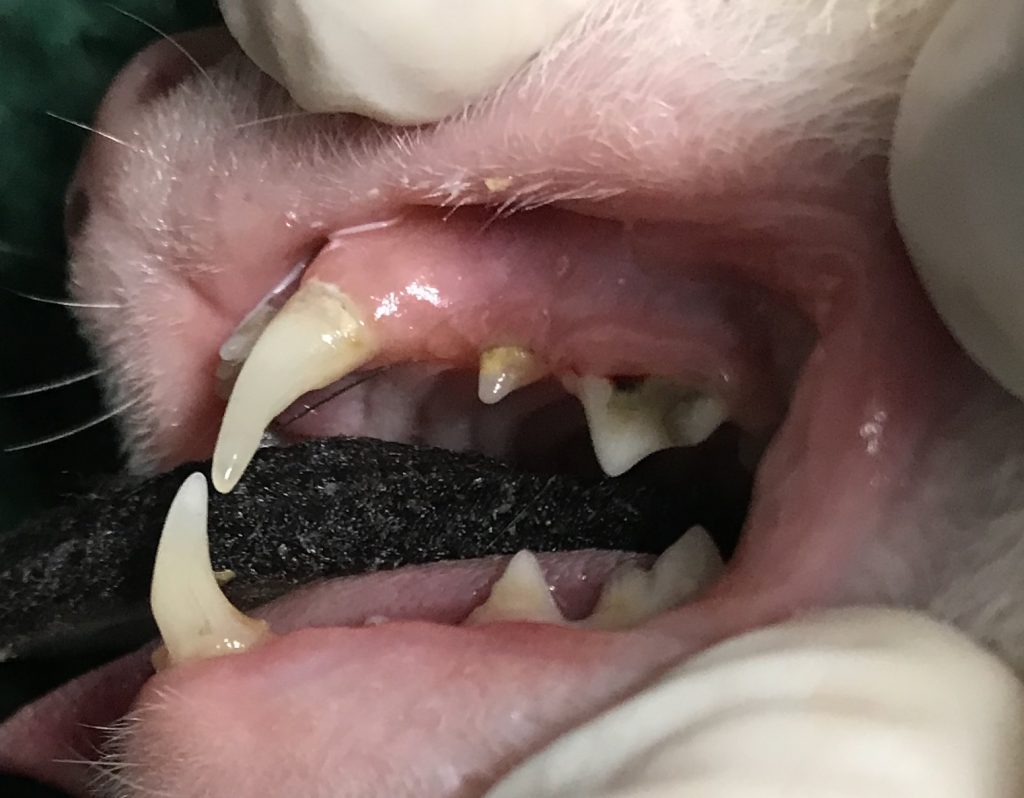
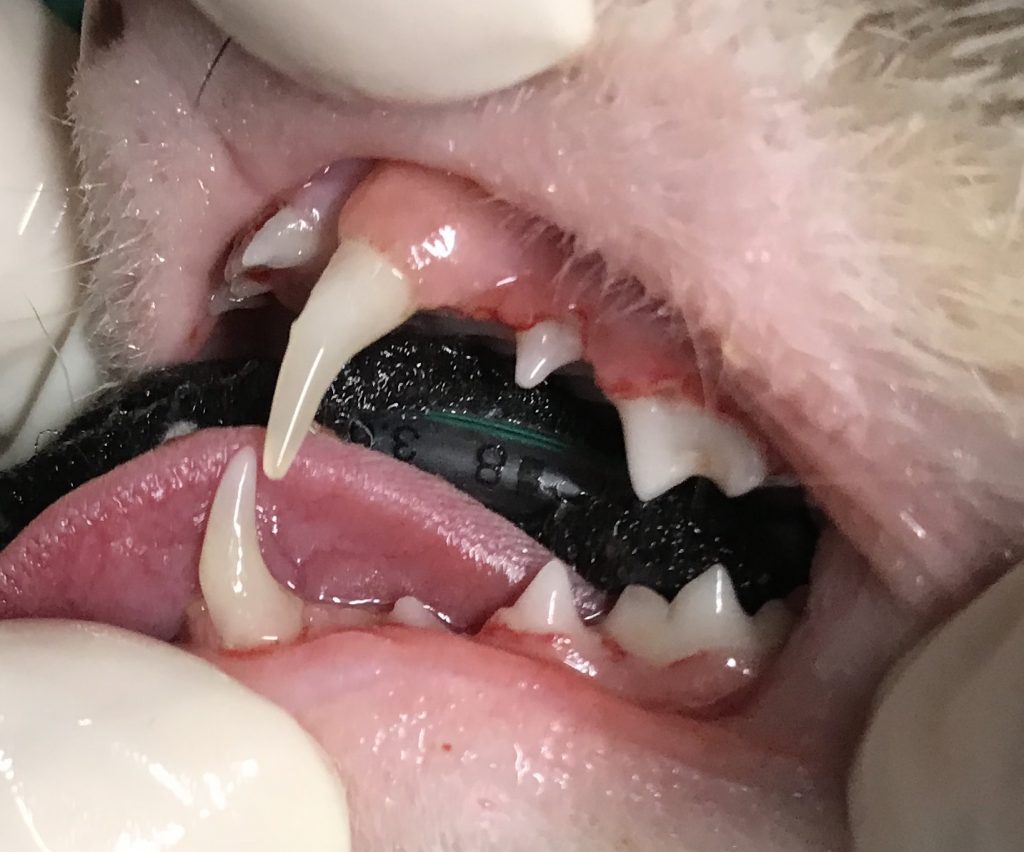
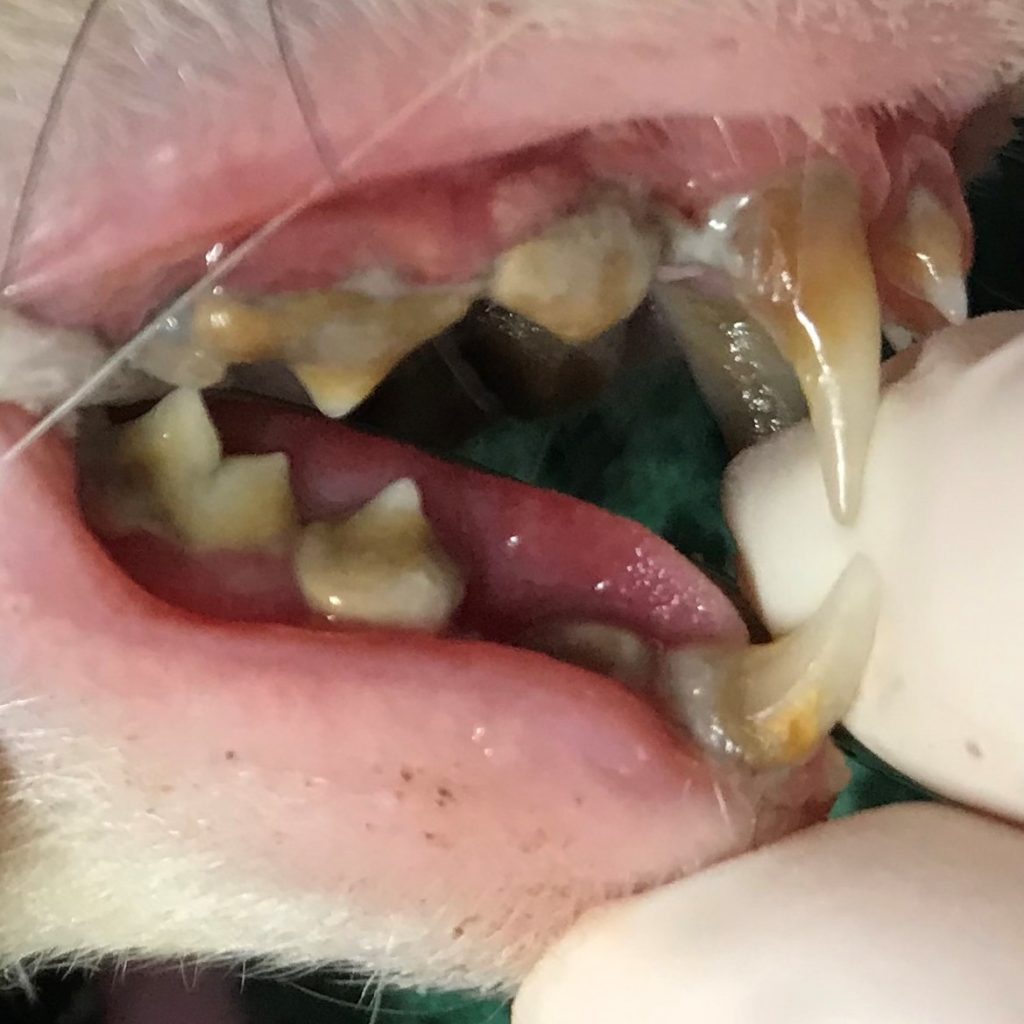
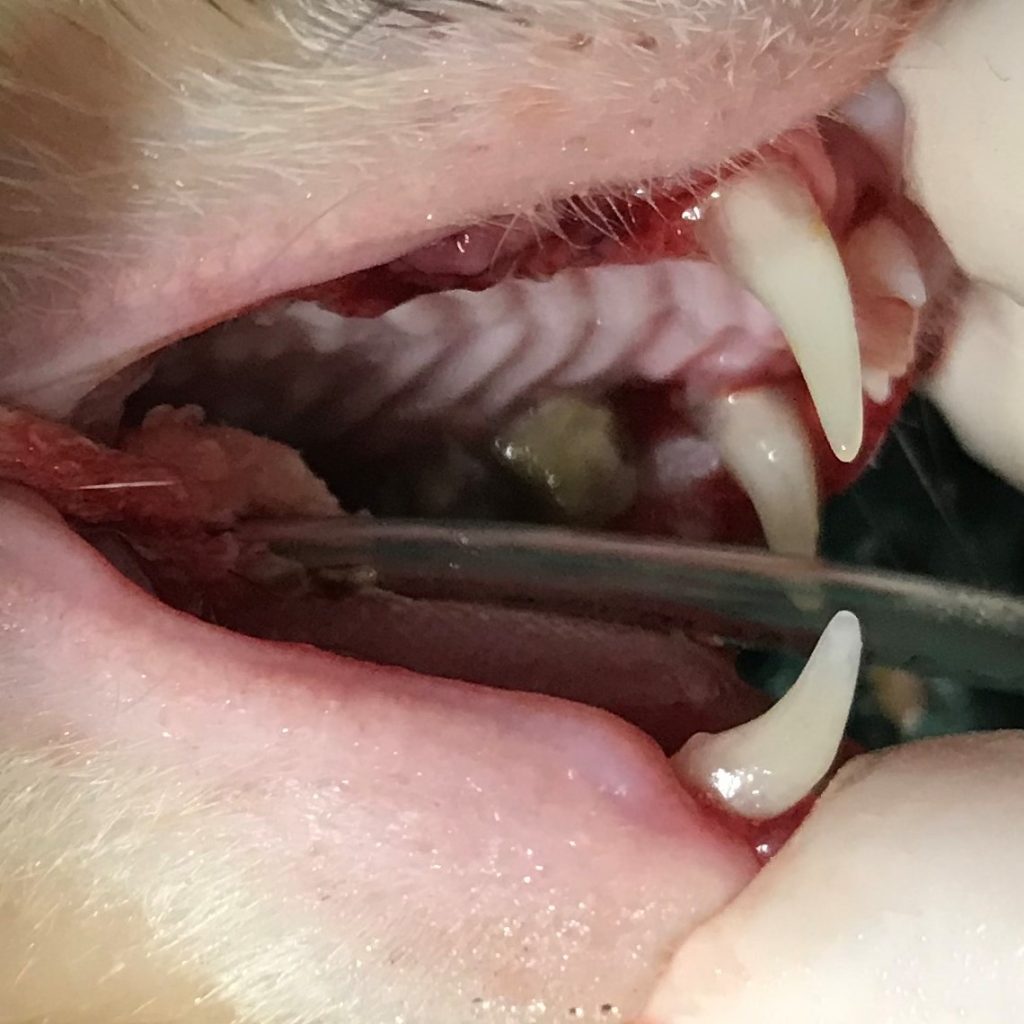
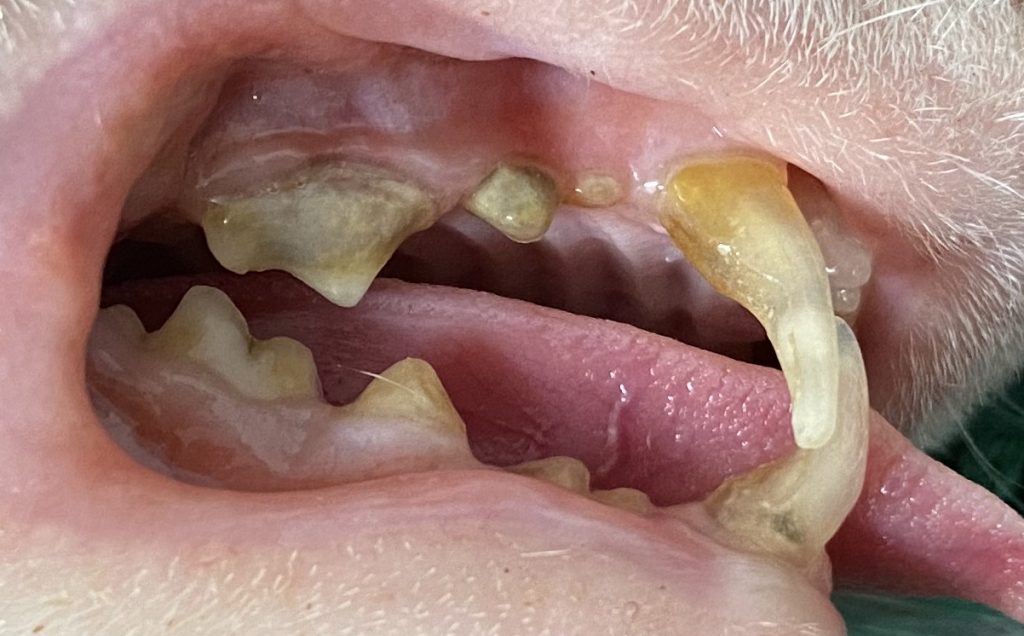
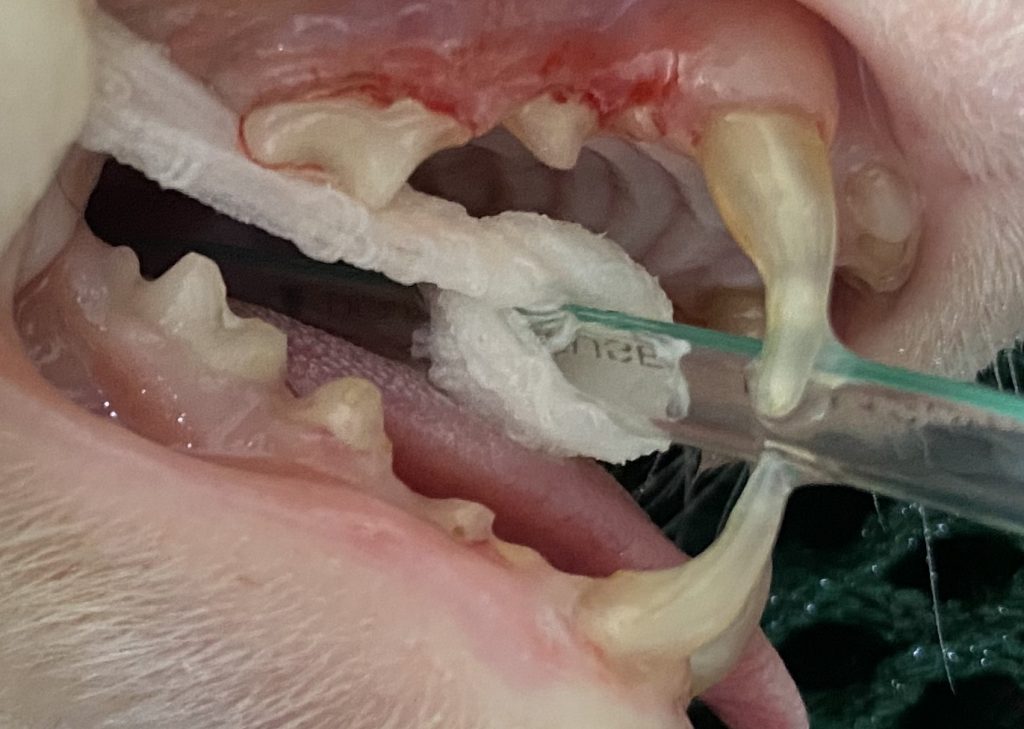
Desexing. It is recommended to have ferrets desexed by six months of age. This is particularly important for female ferrets as failure to desex or mate them at first signs of oestrus results in an ongoing heat. This continuous cycle results in suppression of the bone marrow and result in anaemia and eventual death.
Yes, desexing your ferret will help reduce the ferrets natural odour significantly.
Desexing is a day procedure and can be booked on Tuesday to Fridays. Your ferret will not require to be fasted prior to their procedure and will only need a short amount of down time to recover. For more information regarding your ferrets procedure, please contact the clinic.
Vaccination. Ferrets can be infected by Canine Distemper Virus, and it is invariably fatal. However, they can be vaccinated using a vaccine designed for dogs and it appears to be 100% effective in protecting them. Ferret kits require two vaccines given four weeks apart. Adult ferrets ideally should be vaccinated annually, particularly if your ferret spends time out and about in public places.
Microchipping
It is highly recommended to microchip your ferret. This can take place at any time, but is usually done with desexing as it can be a little uncomfortable for them when awake. As ferrets are naturally curious and adventurous, if they get out they are not likely to stay in your yard or come back. Microchipping is a form of permanent identification which can be scanned at most vets and welfare organisations.
Parasite Prevention
Monthly treatment with Selamectin (we stock Selepro) is recommended to control gut worms, heartworm, ear mites and fleas. Ferrets usually have different doses than cats and dogs—check with the clinic to find out what dose is suitable for your pet.
